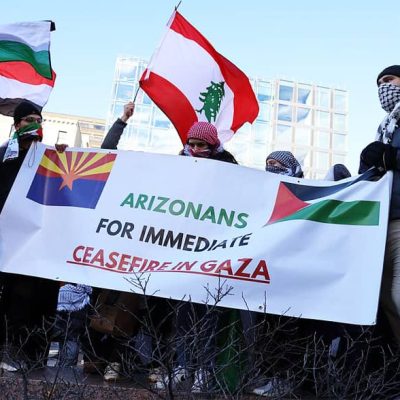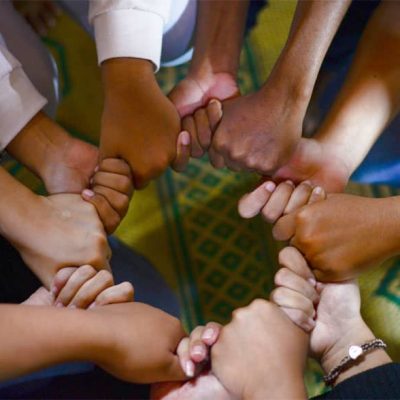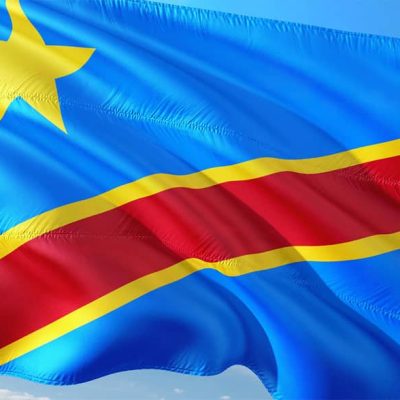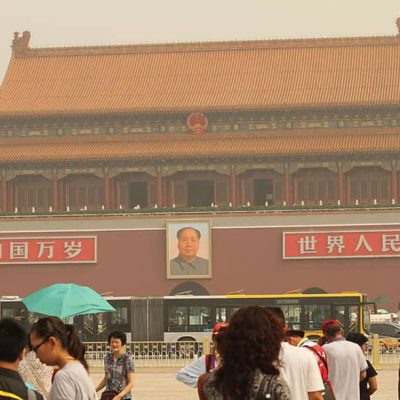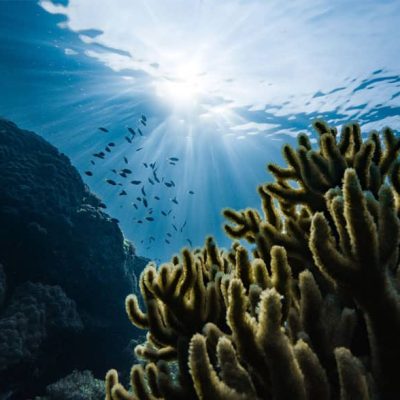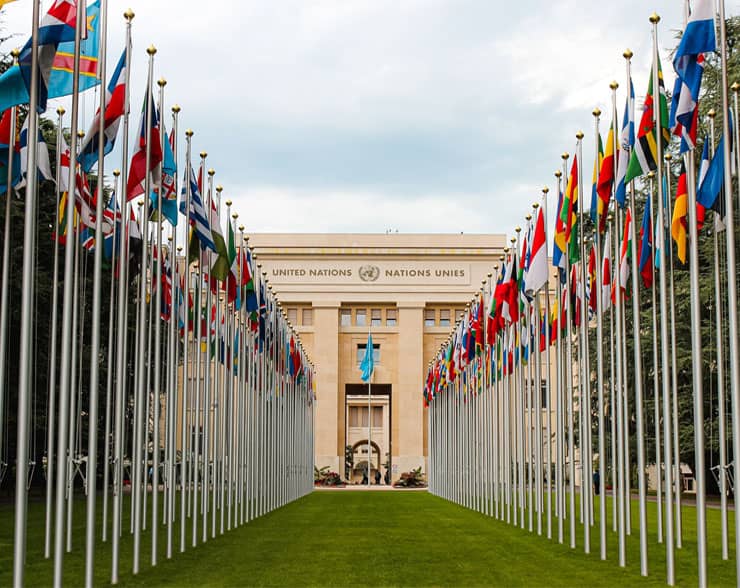 UN: Growth of World Law.
UN: Growth of World Law.
The United Nations: The Shift in Perspectives and Action
Featured Image: Photo by Mathias P.R. Reding on Unsplash.
Perspectives.
In the final analysis, the United Nations is an ethical force. We must stand for the principles laid down in the UN Charter, in international and humanitarian law, and for that humanitarian imperative which is based on fundamental requirements of human decency. Thus, the effectiveness of international cooperation through the UN is fundamentally a question of the respect for its moral and ethical force.
Jan Eliasson, former Under-Secretary-General of the UN Department for Humanitarian Affairs.
The UN is at the center of a major shift in attitude, values, perspectives and organization. We need to understand the ways in which humanity is creating a new and different world so organized as to provide peace, to overcome want, and to extend individual choice and freedom. What are the new myths, the new values, the new philosophies, policies and structures in keeping with our highest aspirations at the heart of this shift? What are the steps necessary for the transition to a humane world order?
Abraham Maslow and Jan Tinbergen.
This more humane world order of which we already sense the basic framework requires that there be a basic shift in perspective, with a different, more inclusive awareness, capable of identifying with the entire human species and with all planetary life. This shift is to a quality of consciousness fundamentally different from the fragmented consciousness which has gone before – a shift toward “the farther reaches of human nature” to use the psychologist Abraham Maslow’s phrase.
Some of the value traits of this shift in world consciousness were set out in the Reshaping the International Order study coordinated by the world citizen economist Jan Tinbergen. He summarized these values as Equity:
The expression of the equal value of all human beings; Freedom: the maximum compatible with the rights of others; Democracy and Participation: an open society as the base for the other values; Solidarity: the feeling of common interest and brotherhood; Cultural Diversity; and Environmental integrity the ecosphere upon which all life depends must be respected, the assurance of continued viability of human settlements.

Jan Tinbergen at the conference “Views on Europa” in Amsterdam. By Jac. de Nijs/ Anefo, CC BY-SA 3.0 NL <https://creativecommons.org/licenses/by-sa/3.0/nl/deed.en>, via Wikimedia Commons.
Donald Keys.
As Donald Keys, UN Editor of Transnational Perspectives, stressed “The UN has become the repository and indeed the elaborator of the commonly-assumed norms and values considered to be appropriate for mankind as a whole. Such goals for human and planetary well-being are found in the declarations, conventions, covenants, treaties and other instruments adopted by the United Nations; they are also taken for granted in many of the institutional arrangements and activities associated with the UN.”
Robert Muller.
Robert Muller, Honorary President of the Association of World Citizens, elaborated in his Transnational Perspectives article “A Copernican View of World Co-operation” “The mere list of the United Nations specialized agencies and world programmes which compose the UN system illustrates the vastness of today’s international co-operation. No other living species has ever so equipped itself with global instruments designed to study, observe, monitor and preserve its habitat.
The Shift.
In innumerable organs, meetings and conferences, through thousands of experts and delegates, backed by world civil servants, mankind is today probing its entire biosphere and human condition, trying to augment peace, to reduce conflicts and tensions, to build bridges and to seek ways for a greater fulfilment of human life to an extent which no philosopher, prophet or social reformer would have ever dreamed possible.”
Today, the shift from a local-national to a planetary consciousness is a world-wide transition, going on in all parts of the world and integrating into a world awareness with the contribution of many different cultures.
The survival of human civilization.
The shift will not come overnight nor will old forms disappear, but rather the focus of concern will be different. In more and more cases, more people will take decisions based on their perception of the world interest rather than just national interest. As the English historian Hugh Seton-Watson has noted “The survival of human civilization depends on the recognition of both sets of truth: that neither absolute state sovereignty nor the abolition of national identities is possible.
There must be a balance between national cultures and interstate cooperation no less than a balance between class interests and interclass cooperation within nations, if destructive civil wars and nuclear holocausts are to be avoided.”
The Association of World Citizens works closely with the UN in the common goal of cooperation across all boundaries to restore the earth to health and abundance to life.

President, Association of World Citizens (AWC).
Estudied International relations in The University of Chicago.
Estudied Special Program in European Civilization en Princeton University
Here are other publications that may be of interest to you.
Burma’s Crumbling Junta
February first marked the anniversary of the military coup which overthrew the government of Aung San Suu Kyi in 2021. She was in practice the leader of the government but…
Preventing the Expansion of the Gaza Conflict: Are Peace Brigades a Possibility?
Antony Blinken, the U.S. Secretary of State, has been again in the Middle East working to prevent the violence of the Gaza Strip of spreading to much of the area. …
World Citizens Call for an Inmediate End to Hostilities between Israel and Hamas, and for a Genuine Peacebuilding Effort in the Middle East.
Featured image: The impact of the Israeli bombing on a civilian building in Gaza (2021). By Osama Eid, CC BY-SA 3.0 https://creativecommons.org/licenses/by-sa/3.0, via Wikimedia Commons. The AWC, a Nongovernmental Organization…
World Humanitarian Day: A Need for Common Actions.
Featured Image: Photo by Wylly Suhendra on Unsplash. The United Nations General Assembly has designated 19 August as “World Humanitarian Day” to pay tribute to aid workers in humanitarian service…
Peace Planners: Awake!.
Featured Image: Photo by Eddie Kopp, Unsplash. The recent NATO Summit in Vilnius is an indication that the war planning community is busy at work in the spirit of Von…
Track Two Efforts Needed to Reduce China-India Frontier Tensions.
Featured Image: Arunachal Pradesh – India. Photo by Unexplored Northeast, Unsplash. There has been a constant buildup of military forces by the governments of both India and China along their common frontiers. …
Democratic Republic of Congo: Sky Getting Darker.
Photo by jorono, Pixabay. The armed conflict in the eastern area of the Democratic Republic of Congo (RDC) on the frontier with Rwanda seems to be growing worse and is…
World Refugee Day.
June 20 is the United Nations (UN)-designated World Refugee Day; marking the signing in 1951 of the Convention on Refugees. The condition of refugees and migrants has become a “hot”…
4 June: Memories of Tiananmen Square.
4 June makes the security forces in China somewhat uneasy, especially in Hong Kong where, in the past, there were large memorial meetings tp remind people of 4 June 1989…
International Day of the Oceans.
Featured Image: Photo by Marek Okon, Unsplash. Progress on Asian Maritime Delimitations Needed. 8 June has been designated by the United Nations General Assembly as the International Day of the Oceans to…

